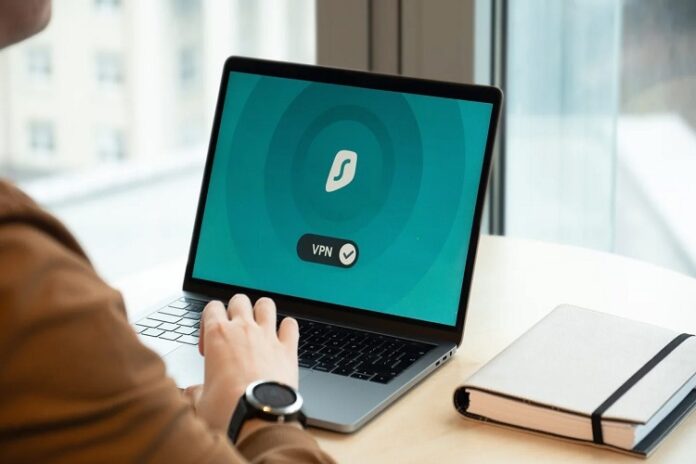It is now more important than ever to make sure that our digital networks are secure. Secure network connections through Virtual Private Networks (VPNs) are one of the most effective methods for keeping information private and safe from malicious attack or intrusion. A VPN’s encryption provides additional protection against the snooping tactics used by spyware, viruses, hackers, and other cybercriminals. In this blog post, we will discuss what a VPN does and how it works as part of an IT service management process to keep your data protected. We will also review some best practices you can use when implementing a VPN for added security measures.
Table of Contents
What is a VPN, and why is it important for IT service management?
A VPN, or virtual private network, is an essential tool for IT service management. It allows users to securely access a private network and share data remotely through public networks such as the internet. VPNs provide a level of security and privacy for sensitive information, including login credentials that are often targeted by cybercriminals. VPNs also help in bypassing internet restrictions or censorship imposed by authorities and accessing geo-blocked content. With the increase in remote work and the growing trend of Bring Your Own Device (BYOD), VPNs are becoming increasingly important for IT service management to ensure the safety and privacy of corporate data.
Establishing secure connections with a VPN
In today’s digital age, securing online connections has become a top priority for individuals and organizations alike. With the increasing number of security breaches and cyber attacks, it is crucial to establish secure connections to protect sensitive information from falling into the wrong hands. A VPN, or virtual private network, is a technology that provides a secure and encrypted connection over the internet, ensuring that all data transmitted remains private and confidential. Using a VPN can safeguard your online activities, whether you’re browsing the web, accessing critical data, or communicating with colleagues. Trustworthy VPN services offer top-notch protection by masking your IP address and encrypting your data, making it virtually impossible for hackers and cybercriminals to gain access to your information.
Advantages of using a VPN for remote access
In today’s digital world, remote access to company resources has become a necessity. However, accessing sensitive information from remote locations poses a significant threat to the security of corporate data. That’s where a VPN comes into play. Using a VPN service for remote access not only provides enhanced security, but it also offers several other advantages. A VPN can protect the privacy of remote workers by encrypting their online traffic and ensuring that their internet activity remains anonymous. Additionally, VPNs can provide access to geo-restricted content and reduce bandwidth usage. Overall, incorporating a VPN into your remote access policy can help ensure that your company’s data remains secure while also offering several other benefits to your remote workforce.
How to configure and use a VPN in your network
In today’s digital age, ensuring the security and privacy of your network is of utmost importance. A virtual private network, or VPN, is an effective solution for achieving this goal. When configured correctly, a VPN can provide a secure connection to your network from a remote location, protecting sensitive data from prying eyes. But with countless options available, choosing the right VPN for your network can be overwhelming. Once you have made your selection, however, configuring and using a VPN is a straightforward process that can be accomplished by following a simple set of steps. By making the effort to set up and utilize a VPN, you can rest assured that your network is protected from online threats.
Common threats to look out for when using a VPN
When it comes to using a VPN, there are several common threats that users should be aware of. Firstly, there’s the threat of data leaks or breaches. While your VPN may encrypt your data, there’s always a risk that your data could be leaked due to a vulnerability in your VPN’s security protocols. Secondly, you must be wary of phishing scams. Cybercriminals may pose as legitimate VPN providers, luring you into downloading malware or unwittingly typing in your login credentials. Finally, hackers may use fake Wi-Fi hotspots to trick you into connecting to an unsecured network, allowing them to intercept your VPN connection. It’s important to remain vigilant and take steps to mitigate these risks to ensure that you can enjoy the benefits of a VPN without compromising your online privacy and security.
By adhering to the guidelines we have discussed, you can rest assured that your VPN will provide maximum protection for your business operations. Ultimately, leveraging the right technologically advanced security solutions creates a secure connected environment that gives peace of mind, empowers decision-making, and enables continuous operations.












